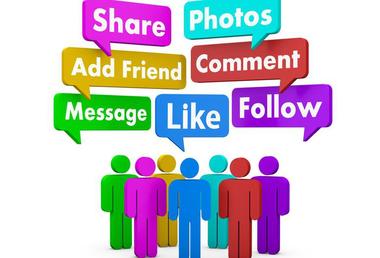
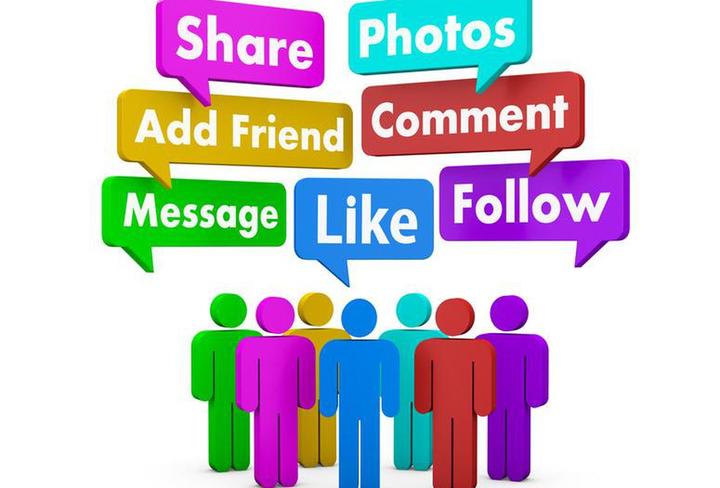
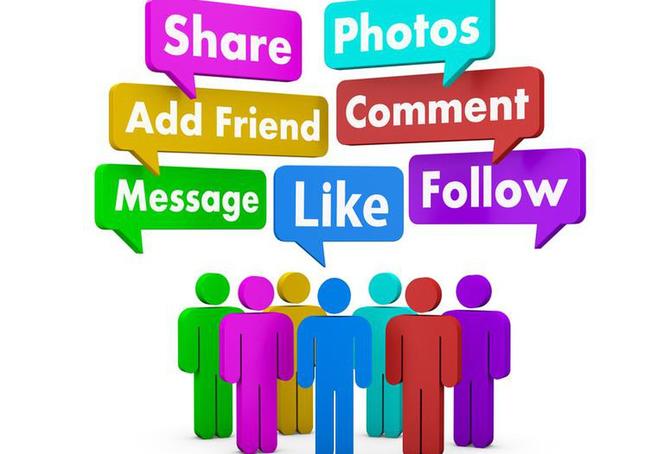
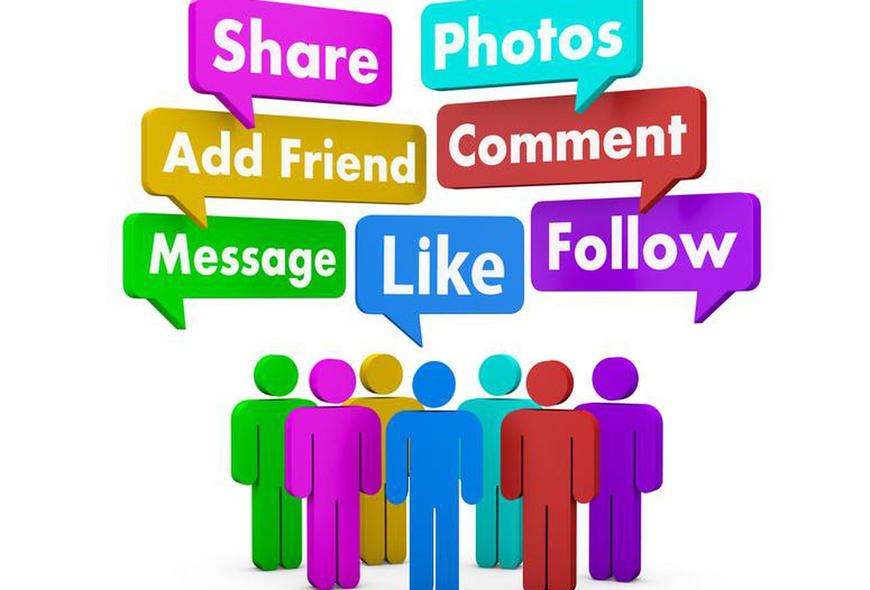
Abstract
The social media has evolved from being a means of communication to a digital environment where users lead their virtual lives which usually differ from their real ones. Such an environment encourages the anti-social behavior of the users, their self-disclosure which raises the level of risks for the private information made public would be used in a harmful way. Narcissism as deviant online behavior is considered to be a social problem today. The issue has been studied by a number of scholars in different countries of the world. The complicated nature of social media’s influence on individuals’ behavior has been addressed many times. However influential research has been made in the field of the relationships between social media and the change in the users’ behavior, the problem of the initial connections between narcissism and social media environment stays almost uncovered. This research will study the character of the relations between behavioral deviations and the social media environment. The research question to be addressed in the research is: How do narcissism and self-disclosure tendency relate to the nature of communication on Facebook? The qualitative research method will be used to collect and process the data.
Introduction
The worldwide tendency for the popularization of communication online influences people’s lives to a great extent. Young people tend to overestimate the importance of their own opinion. This absolutely normal stage of growing up is the categorical judgment. However, people who have already left adolescence continue to show signs of narcissistic behavior in social networks. For example, self-confident and categorically express their opinion about things that they do not understand, allow themselves to make drastic evaluative judgments about other people and the like (Brittain et al. 2017). In psychology, this behavior is clearly associated with the stage gaining the adult age but social networks make this format of self-expression increasingly common.
In addition, there are fears that yesterday’s teenagers who grew up online, carry such models of communication in adulthood, believing that this is normal. Yet the studies show that in the profiles of the group with an average age of 35 the amount of narcissistic content was significantly less (Liu et al. 2016). That is, over time, if a user has a sufficient circle of communication outside social networks, reality adapts it to more civilized forms of behavior. The reason why online communication prolongs narcissistic behaviors in adults is that the very system of most social networks is cultivated on the bases of “likes”. A page on Facebook or any other social network site becomes the prototype of life that one would like to have (Carpenter 2012).
Recently, both in the media and the academic world, people have been discussing an epidemic of narcissistic behavior in social networks. If a few decades earlier people demonstrated narcissistic behavior in a narrow circle of relatives and colleagues, today they have a much more extensive audience. This type of behavior spreads virally forcing millions of people around the world to feel their own inferiority. Relatively recent studies have shown that the more time students spend on social networks, the more they tend to think that others live happier and more interesting lives. Comparing themselves to others on Facebook people exposed their self-esteem to rapid decline (Sanecka 2017). However, these same people in turn obediently adjust to the rules which exist in the digital environment of social media. Therefore, researchers were interested to know what the root cause for it was. As the recent studies showed, the users with a higher level of tendency to narcissism have more friends on Facebook, more often mark themselves in photos and update their statuses. They tend to self-disclose themselves for the public (Buffardi & Campbell 2008).
In spite of the fact that the problem of social media users’ tendency to anti-social behavior has been an object of a great number of research works, it is relevant to investigate it deeper. Not enough attention was paid to the subordination between the narcissistic inclination and the nature of social networks. It is important to analyze the character of the relations between behavioral deviations and the social media environment. Do social networks make people narcissists or people who used to show signs of narcissism, use social media as a tool to attract attention to themselves? The research attempts to fill in this gap.
Keywords: social media, narcissism, self-disclosure, social networks, Facebook, communication.

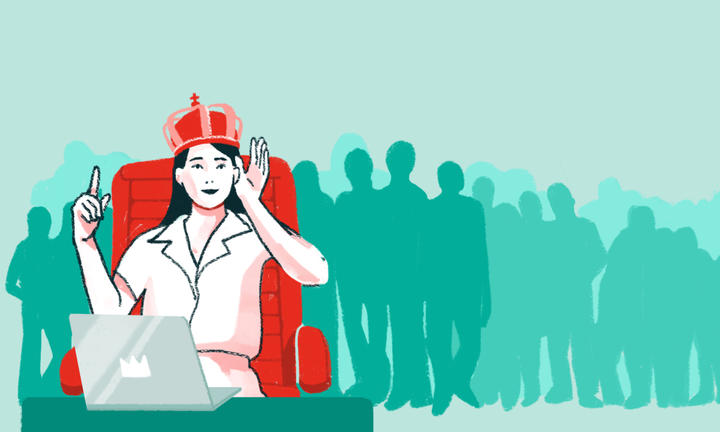

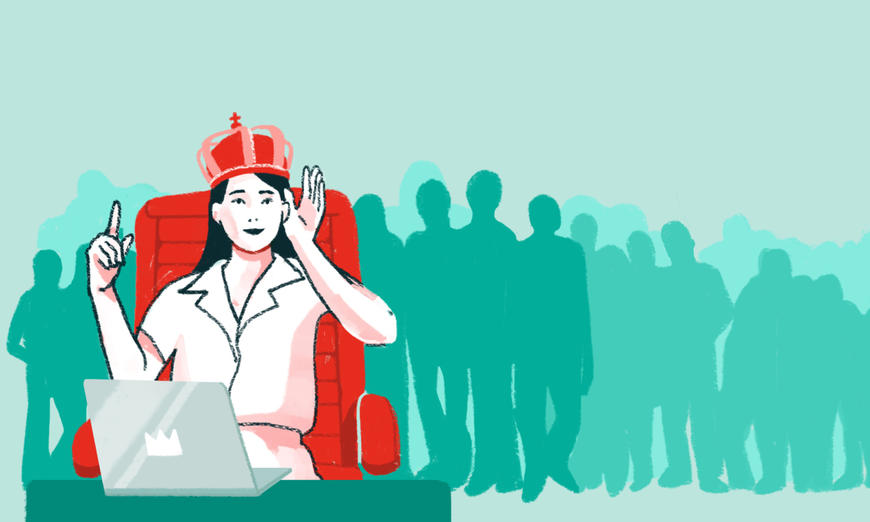
General Research Question
• How do narcissism and self-disclosure tendency relate to the nature of communication on Facebook?
Specific Research Questions
• Do people use social media (Facebook) to express their already existing tendency to narcissist behavior?
• To what extent does the nature of social media (Facebook) environment encourage users to develop narcissist behavior?
Attached file: Narcissism on Facebook.docx
Click download to get access to a full version of the paper
Undoubtedly, there exists a close relationship between social media and the features of the users’ behavior. The studies have proven the fact that to a great extent social media provokes anti-social behavior as well as the deviant behavior (Brittain et al. 2017). However, it is important to analyze the interdependence of the notions of social media and narcissism and deeper investigate the influential processes between them. The research will attempt to find out whether people with narcissist behavior make social media such an environment or social networks make people narcissists.
Theoretical Background
Narcissism is a property of character, contained in overestimated self-value which in most cases does not correspond to reality (Liu et al. 2016). A narcissistic personality disorder is a disorder which is characterized by a long-lasting abnormal behavior marked by an exaggerated sense of self-importance, an excessive need for admiration, and a lack of empathy and understanding of other people’s feelings (Carpenter 2012). Narcissism in social media has been studied from different angles. A lot of online activities performed by internet users demonstrate their self-admiration. One of the most popular ones nowadays is a selfie. Psychologists tend to look for reasons for the mass popularity selfies phenomenon in the unrealized desire of the users to communicate and discover their own inner world, the desire for self-expression (Wang & Stefanone 2013). In the modern world, where people are extremely closed and personal contacts are minimized, selfie creates the opportunity to let others into a personal space, to realize the need for communication. Recently, many articles have been published, in which selfie is considered as a way to control one’s own image which is formed by others, or as a modern way to inflate its importance and receive at least a minute of being popular (Etgar & Amichai-Hamburger 2017). Studies have shown that the members of the Internet community in the degree of narcissism far exceed previous generations, and the selfie is a new generation of narcissism.
The scholars consider the particular qualities of selfie with three major mental illnesses, known as the “Dark Triad”: narcissism, psychopathy, and Machiavellianism. There is a relationship between the features of the triple triad and self-objectification during an active presence in social networks. The features of self-objectification and narcissism are most strongly associated with the amount of time spent on social networks. Narcissism and psychopathy are closely related to people who spend a lot of time on social networks. Machiavellianism is characterized by subtle or unprincipled cunning, deception, expediency or dishonesty. Narcissism is characteristic of excessive self-interest, self-love. And psychopathy is a mental disorder in which an individual shows immoral and antisocial behavior, lack of ability to love or establish meaningful personal relationships, shows extreme egocentricity (Sanecka 2017).
A number of characteristic features, a combination of which may indicate the narcissism deviation, were separated and systemized for further use during the processing of the research data. The most common features are:
• overestimation of one's own worth, achievements or talents, the expectation of recognizing one's superiority without having outstanding achievements;
• fixation on fantasies about boundless success, power, mind, beauty or ideal love;
• conviction of one's own particularity, uniqueness, ability to be understood and accepted only by special or influential people or public institutions (Day 2013);
• the need for excessive devotion to oneself;
• the unreasonable idea of oneself's right to a special privileged, preferential position;
• the propensity to exploit, use others to achieve their own goals;
• lack of empathy, unwillingness to recognize and reckon with the feelings and needs of others (Carpenter 2012);
• frequent envy of others or the belief that others around him envy him;
• arrogant behavior (Liu et al. 2016).
The theoretical background built by the means of the studied researchers will contribute to the production of the materials for the research, processing of the collected data and evaluating the results.
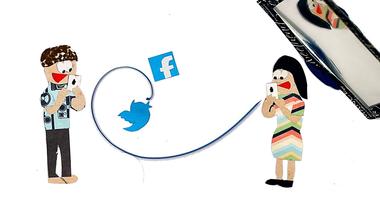
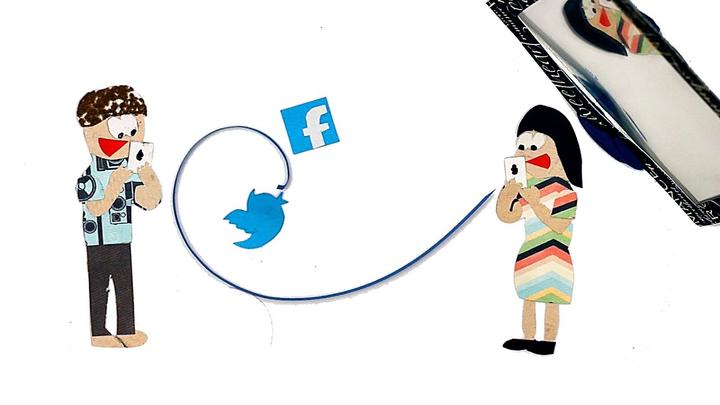
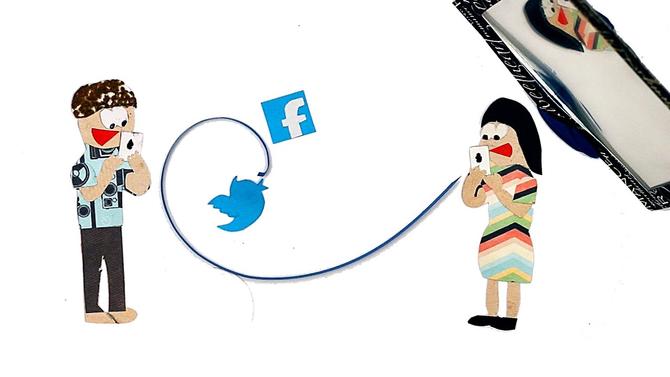
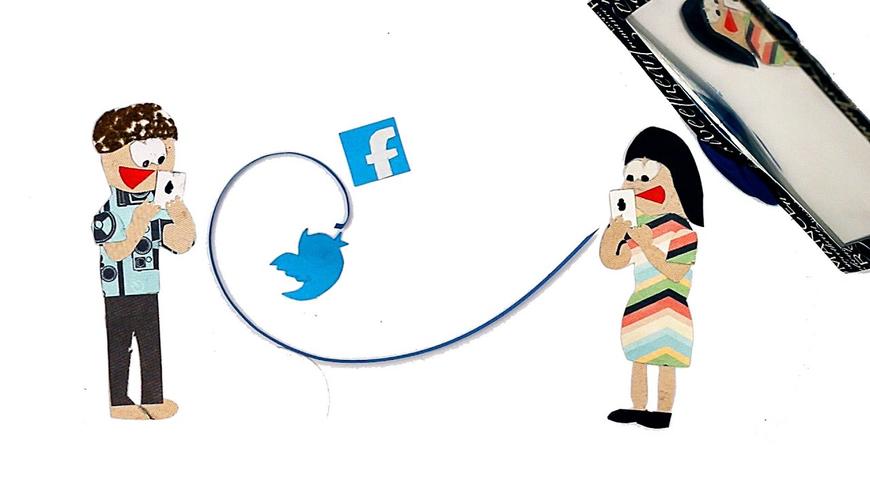
Hypothesis
H1: Narcissism in users’ behavior is generated and conditioned by the social network environment.
H2: The already possessed narcissism is easier expressed and better observed due to the nature of the social media environment.
Conceptual Framework
The research aims at recognizing the extent of interrelations between the social media user and the social media environment. It is important to clarify the initial reason for narcissism in the modern digital environment. The hypothesis of the study implement two contradictory points of view: social media environment affects its users provoking their self-assured online behavior or the social media users influence social media environment making it exposed to narcissistic behavior. Since the character of these interdependencies is specific and has not been sufficiently studied from both sides, the two contradictory hypotheses are presented. The influence of narcissistic behavior in real life on the online life of the individuals on Facebook was proven by Laura Buffardi et al. (2008). Another dependence, the change in social life in real society under the influence of the way a person leads online life was studied by Carpenter (2012). However, no research about the influence of the narcissistic environment of online social networks on a person without narcissistic behavior tendency in real life has been detected. The research presumes that in spite of the irresistible influence of narcissistic personalities on the environment of social media, the reverse process affecting non-narcissists in a way that they begin to act like narcissists online is also possible. The research’s objective is to clarify to what extent might such dependence be possible and if it is as significant as the dependence “social media user” – “social media environment” is.
Literature
The personal information Facebook users post on their profile pages may increase the level of risks for such individuals to be exposed to. Self-control as the decisive factor in online behavior determines the extent to which Facebook users disclose their information (Brittain et al. 2017). The actions people make online, including text posts, statuses, photos, and selfies, are influenced by the constant desire of the users to impress others with the achievements or possessions they explicitly show they have thus cultivated the online public image of themselves which does not correspond with the truth (Sanecka 2017). Facebook as the most popular social network website in the world (embracing over 600 million users) presents the advantages of its use. However, the overall tendency, as the studies show, indicates the declining shift in the quality of the live communication between people including the spread of narcissistic behavior model (Carpenter 2012). Self-representation and self-evaluation online preserve people from proving their achievements on an everyday basis. They can simply post an impressive corrected and filtered selfie to create a virtual image. Such behavior encourages deviation in behavior stemmed from the discrepancy between reality and virtuality and leads to an excessive self-disclosure online (Liu et al. 2016).
The study by Laura Buffardi (2008) published in the Personality and Social Psychology Journal is a valuable source of information about the issue. The researcher conducted an investigation first by asking Facebook users to pass a psychological test that determined their level of inclination to narcissism, and then analyzed their profiles in the social network. According to the results of the study, people who had the highest rates of narcissism were most active in social networks, published the largest number of their photos, which the author described as self-promoting, and posted characteristic texts. Then the author of the study asked ordinary users to evaluate the analyzed profiles and say which owners they seem to be narcissistic. Most participants easily identified exactly those users who had more points on the scale of narcissism according to the psychological test. This study confirmed: nevertheless, it does not seem to us that someone behaves too narcissistically in the network. It really characterizes the person. And this can be determined without complex psychological tests, with the naked eye (Buffardi & Campbell 2008).
The development of the modern technologically equipped society is impossible without the popularization of online activities and communication which form the whole online life of a big number of people. People with their character traits and deviations influence social media development, as well as the specific features of online behavior, require certain actions and ways of thinking from the users (Brittain et al 2017). Such interdependence involves an array of social issues including self-disclosure, narcissism, lack of empathy, popularity, and others.
Methods
The research methodology proposed for the study is mixed (qualitative and quantitative). The choice of the methodology type is conditioned by the fact that the number of users of social media nowadays counts in millions of people which is why the quantitative approach would not be completely relevant as a separate approach (Day 2013). However, the research aims to study the number of cases where the user influences the environment and where the environment influences a user the quantitative approach will be applicable. The leading aim of this research is to analyze the relations between the users’ exposure to narcissism and their online profiles on social network website (Facebook). Among all the social network websites Facebook will be the targeted one due to its biggest number of profiles and the most spread popularity in the world (Day 2013).
The snowball sampling will be used as the sampling strategy for choosing the target population for the study. The young university students who are considered the most active users of social media are going to be the participants of the research (Miller et al 2016). The snowball sampling would be the most efficient sampling strategy due to the specific nature of social media structure. The connections between users on Facebook are also established on the principle of snowball where every user “friends” another user, and a chain of friends are created. However, the limitation of the snowball sampling would consider the potential participants of one university in order to adjust to the context of the research (university environment). Another important advantage of snowball sampling for this research is that it will be relevant to qualitatively evaluate the ways of narcissistic behavior expressed in comments of “friends” on each other’s pages. The intended sample size will include 50 university students aged between 18 and 22. The age and activity of the participants, as well as the chosen social network website, will contribute to the credibility and relevance of the study due to the fact that they present a statistically average situation.
The data collection instruments will include questionnaires and observation protocols. The questionnaires with multiple-choice and reflective questions are aimed at determination of the narcissistic personality. The observation protocol will include the information which will be retrieved by the researcher from the online personal pages of the participants on Facebook. The information of narcissistic or non-narcissistic character will be evaluated by the researcher (more specifically, the number of photos, the percentage of selfies among all photos in the profile, the quality of text posts (from the point of view of the reflection of narcissism in them or its implications), as well as the overall activity online and the frequency of accesses). The results of the research will be conducted with the help of statistical analysis. All the questionnaires and protocols will be examined and compared. The statistical data showing the percentage of the “user – environment” and “environment – user” dependencies will be evaluated. The results of the statistical analysis will be used for further evaluation of the nature of influential processes.
JSTOR, Google Scholar, and other databases including libraries will be used for the search of the information relevant to the topic. The available studies’ data and approaches used in them will be utilized for the generation of the stages of research. The choice of the mixed research methods contributes to the credibility of the paper due to the scope of information it may provide in the result. It also is convenient for the participants and for the researcher in terms of time duration.
Significance
Due to the relevance of the topic of the role of social media in the life of modern society and the behavioral issues people tend to obtain because of the spreading popularity of online communication today, the research will be significant. The communication in the digital world has shifted from face-to-face to a remote one which is characterized by more freedom of self-expression (Day 2013). However, such freedom combined with the ability to “friend” any person online not even being acquainted with them in real life raises the level of risks of inappropriate use of the disclosed personal information by others (Brittain et al. 2017). Such state of the problem encourages researchers to investigate the specific features of the communication online, therefore strengthening the relevance and essential importance of this study. The research will be a valuable contribution to the academic discussion of the problem of self-control, self-disclosure, anti-social and deviant behavior in the communication on social networks sites. The research question has not been addressed in the literature deep enough which emphasizes the relevance of the study. The topic of the research reflects the modern tendencies in the society of today's world and is of great interest of both, academic circles and random citizens. The expected results of this research are going to address the vital issues of contemporary communication online. The direction of the influential relations between a social media user and social media environment will contribute to further investigations in the field and encourage further discussion of the issues. The results will be appropriate to be used in the education of psychology of online behavior.
Limitations and Delimitations
A number of reasons may arise several limitations of the research. The overall character of the topic implies subjectivity in the treatment of the decisive points. The accurate determination of narcissism made by the researcher may be subjective due to its complicated nature. Different scholars conduct an array of different approaches to the problem study. The issues related to behavior in social media reflect people’s lives and characters. Their views on themselves and their behavior (to the evaluation of which they will refer in the questionary) may vary as well. Moreover, the data collection process will include questionnaires with personal information which the participants might answer subjectively. This limitation may influence the results of the study. The method of qualitative research design limits the number of sampled target population which may also affect the accuracy of the results to a little extent. However, the social media website and the sampled population will reflect the average situation and the results will be applicable for further investigation.
Ethical Issues
The different stages of the data collection process which will include questionnaires on self-evaluation of the participants’ behavior and the analysis of their personal profile pages on Facebook will require a different treatment of the information from the ethical point of view. Due to the fact that general profile information online is publicly accessible, the anonymity of the participants during the research is impossible (Hall & Caton 2017). However, the information about them retrieved from their questionnaires and the unavailable for “non-friends” or hidden data posted on the page will be kept anonymous. The names, addresses or any other personal information about the participants will not be mentioned in the study. The recognizable characteristics of the participants’ personal life both, off-line and online, will not be specified personally. Such information will be synthesized and systemized according to the research requirements.